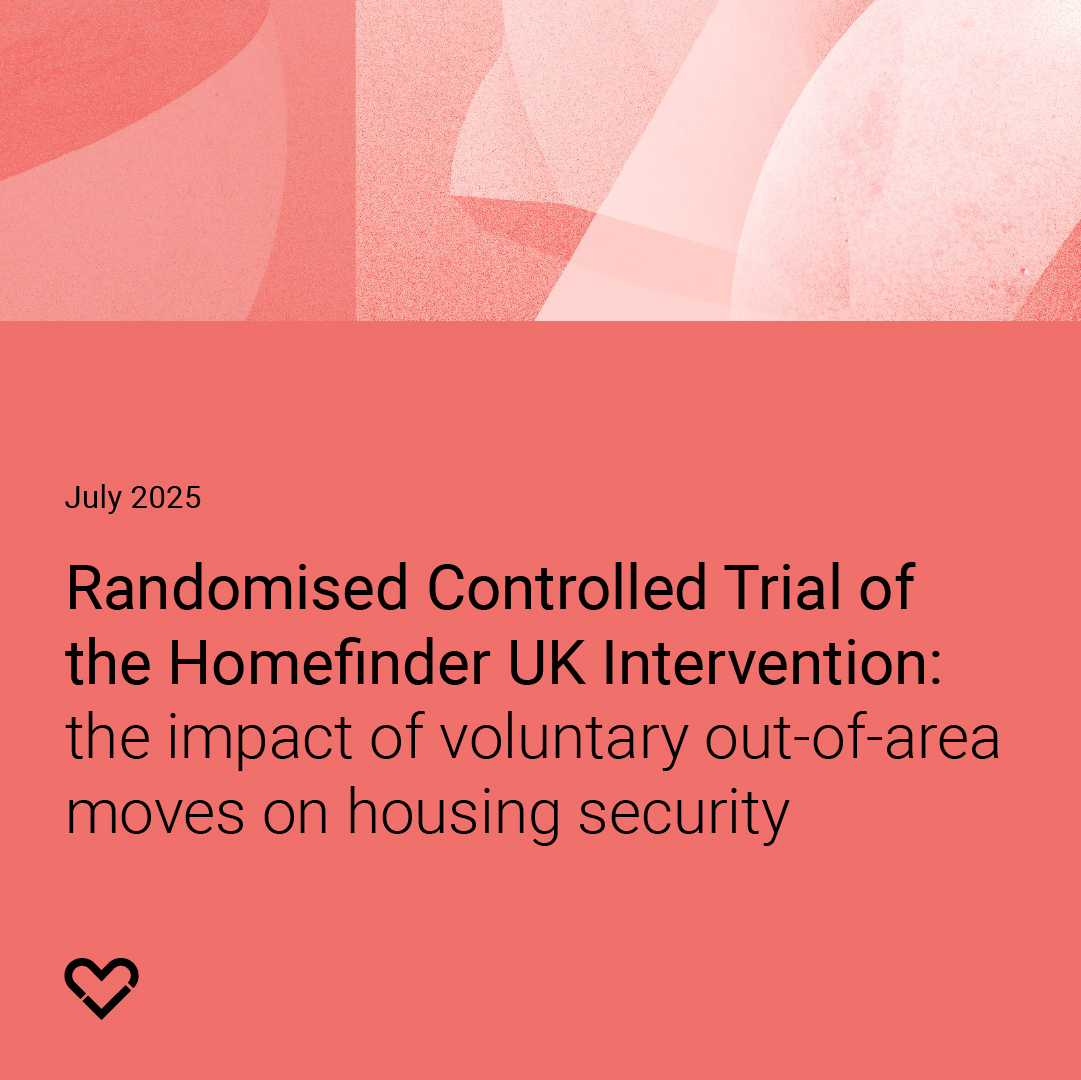Exploring the effect of case management in homelessness per components
Outline of the study
This systematic review examined 64 intervention studies and 41 implementation studies from around the world to understand the effectiveness of different case management approaches for people experiencing homelessness, which components of case management work best and why.
The study explored five main types of case management:
- Broker Case Management - connecting people to existing services
- Standard Case Management - providing basic ongoing support and coordination
- Intensive Case Management - providing high-level support with small caseloads
- Assertive Community Treatment - offering a multidisciplinary team approach
- Critical Time Intervention - providing structured support during housing transitions.
The review also examined Housing First programmes, which combine case management with immediate access to permanent housing without conditions such as abstinence from drugs or alcohol.
Most participants were experiencing street homelessness or living in shelters and had additional support needs around their mental health issues, substance use or physical health. .
Findings in brief
- Case management of any type significantly improves long-term homelessness outcomes (12 months or longer) for people with additional support needs and also wellbeing outcomes, at least in the short-term
- There is evidence in favour of more intensive forms of case management and Housing First may be more effective than other intensive approaches
- Improved outcomes may also be associated with smaller caseloads and frequent contact between staff and service users
- Case management did not result in any significant improvement in outcomes around mental health, substance use, physical health, or employment
- In-person meetings appear more beneficial than remote or mixed approaches
- Some evidence suggests that team-based approaches are more effective than those with named case managers
- Medium-term support (6 months - 3 years) may be more beneficial than long-term support (more than 3 years), though some benefits continue
- There were no strong conclusions about cost-effectiveness. Some case management costs may be offset by reduced use of public services.
No items found.





.jpg)

